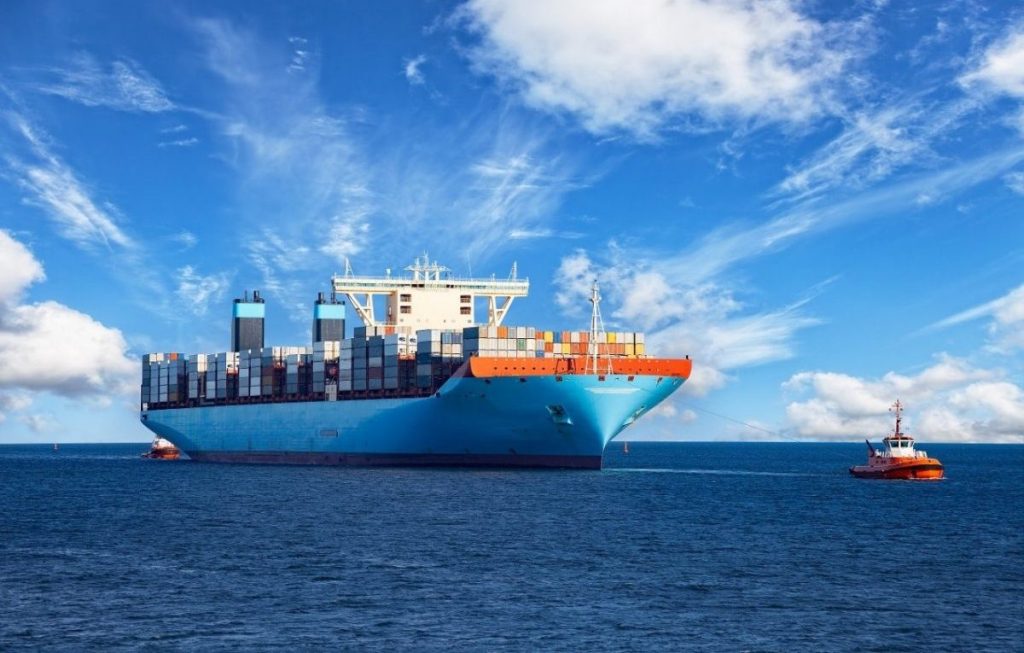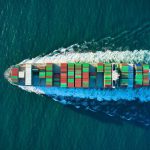Maritime laws are essential in ensuring the safety, security, and environmental sustainability of the global shipping industry. Three of the most significant international conventions shaping the maritime sector are SOLAS (Safety of Life at Sea), MARPOL (Marine Pollution), and STCW (Standards of Training, Certification, and Watchkeeping for Seafarers). In this article, we will explore these conventions, their scope, and their impact on the maritime industry.
1. What is SOLAS?
SOLAS (Safety of Life at Sea) is considered one of the most critical maritime safety conventions. It was first adopted in 1914 following the sinking of the RMS Titanic to improve ship safety. Over the years, the convention has evolved to address emerging safety challenges.
Key Provisions of SOLAS:
- Fire safety regulations: Ensures fire prevention and firefighting capabilities on ships.
- Life-saving equipment: Mandates lifeboats, lifejackets, and emergency systems on board.
- Global Maritime Distress and Safety System (GMDSS): Ensures communication during emergencies.
- Safety management system (ISM Code): Requires vessels to implement systematic safety procedures.
Impact: SOLAS ensures that passenger and cargo ships adhere to stringent safety measures, preventing accidents and minimizing risks at sea.
2. What is MARPOL?
MARPOL (International Convention for the Prevention of Pollution from Ships) aims to reduce marine pollution caused by operational or accidental discharges from ships. It was first adopted in 1973 and later modified with additional protocols.
Key Provisions of MARPOL:
- Annex I: Regulations for the prevention of pollution by oil.
- Annex II: Control of pollution by noxious liquid substances in bulk.
- Annex III: Prevention of pollution by harmful substances carried by sea in packaged form.
- Annex IV: Prevention of sewage pollution from ships.
- Annex V: Prevention of garbage discharge from ships.
- Annex VI: Prevention of air pollution from ships, including limits on sulfur emissions.
Impact: MARPOL plays a crucial role in minimizing pollution, helping protect the marine environment from the harmful impacts of oil spills, chemical discharges, and air emissions.
3. What is STCW?
STCW (Standards of Training, Certification, and Watchkeeping for Seafarers) was adopted in 1978 to standardize the training and competency levels of seafarers worldwide. It was updated in 1995 and 2010 to include modern practices and technologies.
Key Provisions of STCW:
- Certification Requirements: Ensures that all seafarers are qualified to perform their duties.
- Watchkeeping Standards: Regulates hours of rest to prevent fatigue-related accidents.
- Competency Training: Mandates specialized training, including safety procedures and navigation.
- Medical Standards: Requires seafarers to meet health and fitness requirements for work at sea.
Impact: STCW ensures that seafarers have the skills and knowledge necessary to operate vessels safely, reducing the likelihood of human error leading to accidents.
The Role of the IMO in Maritime Law
The International Maritime Organization (IMO) is the United Nations body responsible for developing and maintaining international maritime laws, including SOLAS, MARPOL, and STCW. The IMO ensures uniformity in the adoption and enforcement of these laws, promoting cooperation among nations.
Challenges and Future Outlook
While SOLAS, MARPOL, and STCW have greatly improved maritime safety and environmental protection, the industry faces new challenges:
- Climate change regulations: New environmental targets, such as carbon reduction goals.
- Technology advancements: The rise of autonomous ships demands new safety and competency standards.
- Enforcement difficulties: Ensuring compliance across different jurisdictions remains a challenge.
As the maritime sector continues to evolve, these conventions will likely undergo further revisions to meet emerging needs.
Conclusion
Understanding SOLAS, MARPOL, and STCW is essential for anyone involved in the maritime industry. These conventions ensure the safety of lives at sea, protect the marine environment, and establish competency standards for seafarers. By adhering to these international regulations, the shipping industry can continue to operate efficiently while safeguarding both people and the planet.


